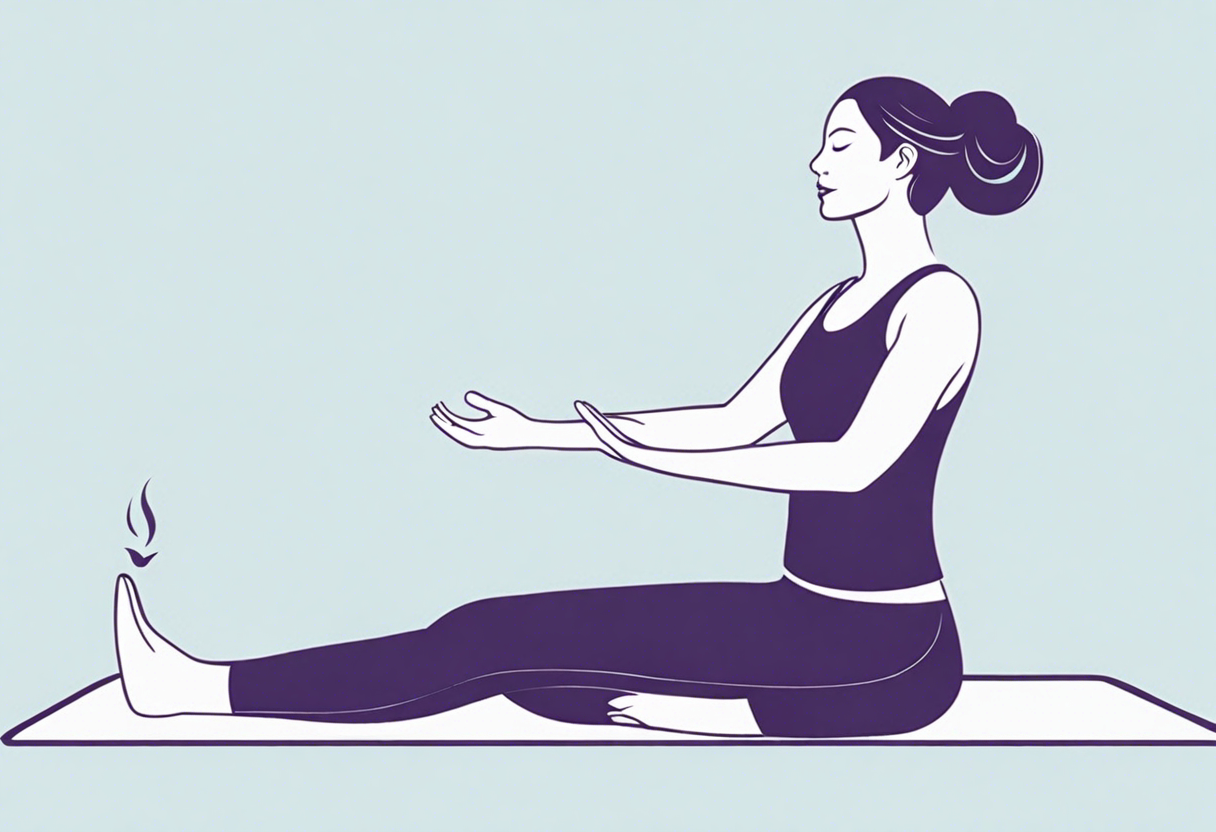Five Convincing Strategies to Annihilate Tension Headaches without a Hitch
Tension headaches, often termed as stress headaches, are the most commonly endured type. Noted by a consistent, pressing pain on either side of the head, their cause isn't always apparent. Typically, they are triggered by muscle contractions in the head and neck region. Varied factors contribute to this, such as certain foods and activities, poor posture, stress, or holding one's head in an irregular position for an extended period. Recognition and understanding are the first steps, leading to effective coping strategies.
Effective Relaxation Techniques

The phrase 'mind over matter' may sound cliché, but when dealing with tension headaches, mastering relaxation techniques can prove transformative. Deep-breathing exercises, for example, can help relax tense muscles and reduce the severity of your headache. Likewise, practicing mindfulness and meditation fosters mental calmness, further alleviating stress-induced tension headaches. Yoga can also be effective, as it not only promotes relaxation but also improves posture and prevents muscle tension, a known contributor to these debilitating headaches.
Regular Exercise and Active Lifestyle

Regular exercise is not only beneficial for overall health, but it can also significantly reduce the frequency and intensity of tension headaches. Engaging in activities that increase heart rate naturally stimulates the production of endorphins, the body's natural painkillers. Whether you opt for low-impact exercises such as walking and swimming, or more intense sports or weightlifting, moving your body can prove instrumental in relieving stress and thwarting tension headaches.
Healthy Diet and Hydration

Your dietary choices can either alleviate or exacerbate tension headaches. Keeping a food diary to track your eating habits can shed light on any headache-inducing dietary patterns. For instance, not consuming enough water throughout the day can lead to dehydration, which in turn can trigger tension headaches. Additionally, some people find certain foods, such as aged cheese or processed meats, prompt headaches. By maintaining hydration and identifying potential food triggers, you can create a personalized diet plan that keeps tension headaches at bay.
Improving Sleep Habits

A connection exists between poor sleep habits and tension headaches. Creating a consistent sleep schedule and making your sleeping environment as calm and comfortable as possible can significantly reduce these headaches. Strategies such as limiting screen time before bed, ensuring your room is dark and cool, and avoiding caffeine after midday can all contribute to improved sleep hygiene. A good night’s rest not only revitalizes the body but also equips it with the resilience to ward off stress and potential headaches.
Professional Guidance for Chronic Tension Headaches

When self-care strategies seem insufficient in managing tension headaches, it's advisable to seek professional help. Healthcare providers can pinpoint potential underlying issues that may be causing persistent headaches. They might suggest alternative therapies such as acupuncture or chiropractic treatment, or perhaps recommend cognitive-behavioral therapy to promote better stress management. Remember, the ultimate goal is to ensure your well-being.